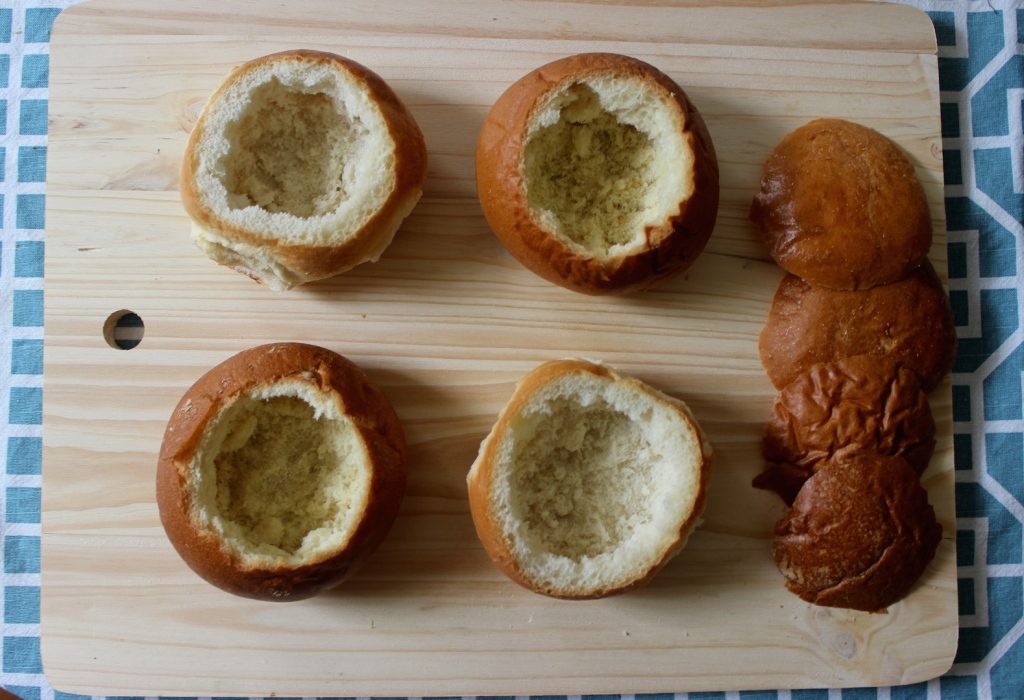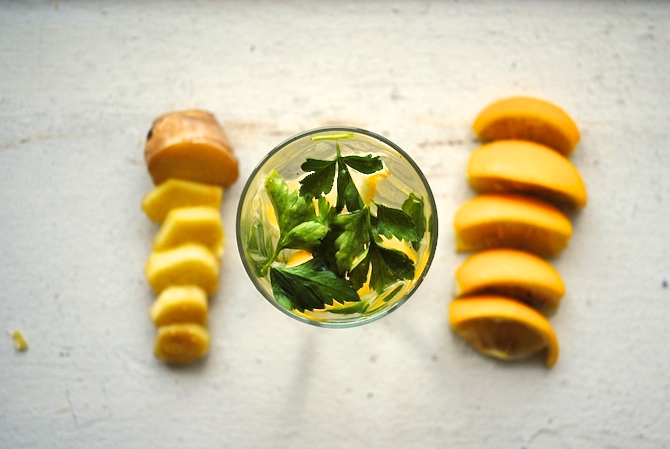Many people have heard of Ramadan, a monthlong period in which able-bodied Muslims around the world abstain from food, but know very little about its details: do you abstain from everything? What do you eat to keep you full all day? Does everyone fast? As someone who participated for a full month, I’ll give you the DL.
What is Ramadan?

Gif courtesy of giphy.com
Ramadan is a time when people are meant to renew their spiritual connection and reevaluate actions. That’s why practicers fast from not only food and drink, but also sex, anger, and any spiritually immoral acts. Fasting is also a reminder that most of us regularly have enough to eat, and to be grateful for this fact and empathetic toward those who don’t.
A person who fasts will do so from sunrise to sunset each day for 30 days. Every year, the month of Ramadan shifts 11 days earlier on the calendar, as determined by moon sightings. This year, in most places, it ran from June 6 to July 6.
What is it like to fast for a month?

Gif courtesy of giphy.com
I’m an old pro at fasting: in my life, I’ve completed 10 full cycles of Ramadan. That being said, there is always an adjustment period the first few days, especially this year. When the month falls during summer (like this one), the sun stays up longer and, therefore, the hours of abstention increase. This year, I couldn’t eat for 16 hours at a time.
As a foodie, I notice that my relationship with food changes. Usually, I appreciate the aesthetics of finely crafted food. During Ramadan, however, I focus more on the practical and nutritional aspects of what I’m eating. Think more stuffing oneself than taking Instas of avocado on sourdough.

Photo by Elise Bylarge
I woke an hour before sunrise and ate foods high in protein and fiber to stay full. I avoided processed foods, because their high salt content elicits a serious roadblock when abstaining from water. Other blacklisted items include empty carbs like white bread, which essentially create a black hole in your stomach that your brain will tell you to fill within a few hours.
I relied heavily on oats, protein powder, fruits and veggies. Shakes and juices are fabulous, because they provide adequate nutrition in a short amount of time. They also help with hydration, fighting my inevitable daytime #thirst.
At sunset, the fasts are broken with water and a date (the fruit, not the romantic kind). After that, people are free to eat whatever they want. Some days, I had a dinner meal, others just snack food. During the day, you feel hungry enough to eat a horse, but once the fast is broken, it’s easy to feel full with just a couple bites.

Photo by Nooreen Ismail
After the initial hump, I settled into a rhythm of eating well in the morning, and hydrating at night. In fact, in the first few days after Ramadan, it felt strange to eat in the middle of the day.
Ramadan isn’t an excuse to lose weight. Some people actually gain weight. After all, when the sun sets on 16 hours of absolutely no food or water, it’s easy to over-indulge. The key is to pace oneself, eat well every day, and drink lots of water.
It’s a time when the community takes time to come together and enjoy each other’s company and food. It can be easy to forget how lucky we are to have access to so much good food. I definitely learned not to take food for granted and to savor every bite.

